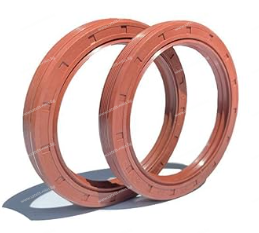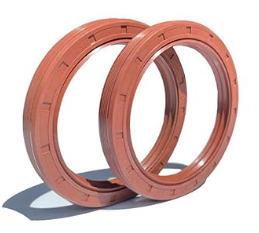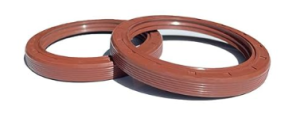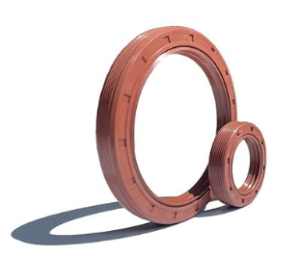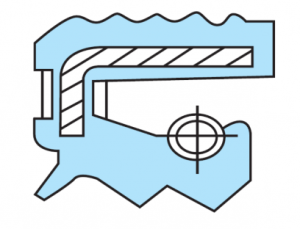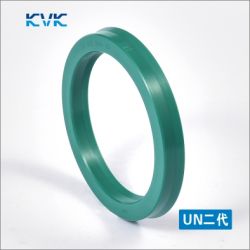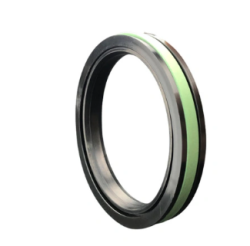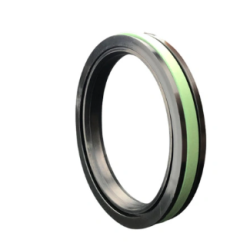Oil seal TG4 (ASW) 80x100x10 NBR KDIK/China , for differential,manual transmission,transfer case,power take-off of MAN,MERCEDES-BENZ
-
Code:470801001001
-
Weight:0.025 Kgs
Oil seal type TG4 (ASW) , with dust lip, with additional sealing edge and with spring.
Material: nitrile rubber (NBR).
Helix:
OE references:
CARRARO 026619, CLAAS 02339320, JOHN DEERE 48M7040, MAN 06562890353, 6562890353, MERCEDES-BENZ 0089970047, 0129974447, 0139974846, 0179977947 ,0209973447, 0209979247, 0209979847, 0219970247, A0139974846, A0179977947, A0209973447, A0209979247, RENAULT TRUCKS, 5000588758, VALTRA KH1405
Suitable for:
differential,manual transmission,transfer case,power take-off of MAN,MERCEDES-BENZ
The nitrile rubber may vary in color from the one shown in the picture, without this affecting the sealing properties of the oil seal.
Manufacturer:
Xingtai Honglei Seal Manufacturing Co.
For delivery options to your country, please do not hesitate to contact us!
Product photos are for illustrative purposes and may differ from the actual appearance of the item. This does not affect the characteristics of the product.
Estimated Shipping
 to Targovishte starts at
€6.08
outside Targovishte starts at
€6.28
to Targovishte starts at
€6.08
outside Targovishte starts at
€6.28
 outside Targovishte starts at
€6.04
to Targovishte starts at
€6.04
outside Targovishte starts at
€6.04
to Targovishte starts at
€6.04
Rubber properties - Acrylnitrile-butadiene rubber NBR:
Standard color: black
NBR rubber demonstrates excellent resistance to the effects of mineral oils. It also provides particularly good results with hydraulic oils, grease, diesel fuels plus other aliphatic hydrocarbons, diluted acids and alkaline solutions that do not contain aromatic or chlorinated additives. Its excellent mechanical properties, such as high resistance to pressure and abrasion, high stability and good temperature resistance (-20°С to +120 °С), ensure a wide application range for this rubber.
Advantages:
- good oil and fuel resistance (especially to hydraulic oils)
- good working temperature range: -20°С to +120 °С in oil
- good resistance to pressure
- good wear resistance and high tensile strength
- low swelling in water
Limitations:
- poor weather, light and ozone resistance
- poor resistance to polar fluids
- poor resistance to chlorinated hydrocarbons
- poor resistance to aromatic fluids


